THE DELUSIONS OF
ECONOMICS
ABOUT THE AUTHOR
G ILBERT R IST is professor emeritus at the Graduate Institute of International and Development Studies in Geneva. He first taught at the University of Tunis, became the Director of the Europe-Third World Centre in Geneva and, later on, Senior Researcher on a United Nations University Project. Afterwards he joined the Graduate Institute of Development Studies where he taught intercultural relations and social anthropology. His main interest is in an anthropological approach to our contemporary society. He is the author of The History of Development: From Western Origins to Global Faith (Zed Books, London, 3rd edn 2008).
THE DELUSIONS OF
ECONOMICS
The Misguided Certainties of a Hazardous Science

GILBERT RIST
Translated by Patrick Camiller

The Delusions of Economics: The Misguided Certainties of a Hazardous Science
was first published in English in 2011 by
Zed Books Ltd, 7 Cynthia Street, London N1 9JF , UK
and Room 400, 175 Fifth Avenue, New York, NY 10010 , USA
www.zedbooks.co.uk
Originally published in French in 2010 under the title Lconomie
ordinaire entre songes et mensonges by Presses de Sciences Po,
117 boulevard Saint Germain, 75006 Paris, France
Ouvrage publi avec le concours du Centre national du livre / Published with
support from the National Book Centre
The translation of this book has been made possible through the
generous support of SQLI Foundation http://fondation.sqli.com
Copyright Presses de la fondation nationale des sciences politiques, 2010
English language translation Patrick Camiller, 2011
The right of Gilbert Rist to be identified as the author of
this work has been asserted by him in accordance with
the Copyright, Designs and Patents Act, 1988
Designed and typeset in Monotype Bembo Book
by illuminati, Grosmont
Index by John Barker
Cover designed by www.kikamiller.com
All rights reserved. No part of this publication may be reproduced,
stored in a retrieval system or transmitted in any form or by
any means, electronic, mechanical, photocopying or otherwise,
without the prior permission of Zed Books Ltd.
A catalogue record for this book is available from the British Library
Library of Congress Cataloging in Publication Data available
ISBN 978 1 78032 363 3
CONTENTS
INTRODUCTION
The trouble with modern theories of behaviourism is not that they are wrong but that they could become true.
Hannah Arendt
Conventional thinking takes it as given that all human activities are now subject to an economic logic, yet this commonplace already raises a string of questions. Where did the subjection originate? What is the basis for the respect given to economic laws? Why has economics become a central category in the imaginary of social life? Why are its exigencies so often regarded as final in all kinds of decision-making, especially in the realm of politics? By what token do the laws of economics assert themselves with iron necessity, as Marx would put it? Should we be even doubting such a generally accepted view of the world, which corresponds to practices that are everywhere becoming more widespread?
These questions cannot all be answered straightaway in detail. But at least it should be made clear from the outset that the aim of this book is to overcome the sense of fatalism associated with economic logic, whose conclusions are presented as if they were inexorable. Since economics is only one possible view of the This is only partly reassuring, because we know that beliefs change more slowly than scientific truths. But it does not prevent us from trying our luck.
If we have reached this point, it is no doubt because over the centuries we have taken the hypotheses of economic science to be not only plausible or probable but actually true; we have been won over by them, without questioning the assumptions on which they rest. It is exactly as if everyone had converted to a vulgar Marxist creed, in which the superstructure is straightforwardly determined by the economic base.
It is true that economic science originally involved a highminded ambition: the doux commerce exalted by Montesquieu was supposed to bring civil peace and general prosperity, after the religious wars that had recently steeped Europe in blood. But why is this optimistic vision so widely shared today, when living conditions are deteriorating for most people on the planet, social inequalities are worsening and the natural environment is suffering irreversible damage? Is it not apparent that the peace through commerce project has given way to economic warfare, justified in the name of competition and matched by a war on nature? Mysteriously, economic theory continues to rule peoples minds and actions, as if its prescriptions had the same kind of authority as astronomers predictions about the phases of the moon or the appearance of planets in the sky.
The force of economic theory as a view of the world has to do not only with its focus on quantifiable material objects (products for exchange and consumption), but also with its attempt to describe the world as it should be and, above all, with the way in which it has been gradually used to mould our behaviour to its principles. For example, the idea that everyone pursues their own interest is held to be self-evidently true in all circumstances; what started out as a mere working hypothesis ends up being affirmed as performatively true.
In fact, once we look at the results in practice, we can scarcely fail to question the mainstream economic doctrines that have been leading us all down a social and ecological blind alley. It is in their name that governments of both left and right see unbridled growth as a panacea for economic downturn and employment problems. But is not growth also the cause of the ecological dangers besetting us now and in the future?
The present work is a sequel to a critique of development first published in English in 1997 and revised in 2002 and 2008, in which development is defined as the ongoing commodification of nature and social relations. On reflection, this critique seemed to be not radical enough and to require extension to the very principles that make such commodification of the world possible. For the truth is that development would never have seen the light of day, nor gathered around itself a consensus that has survived all the failures, if it had not been part and parcel of economic science. The lessons of history and anthropology therefore had to be brought to bear upon the foundations of that science, without entering into the debates that take place inside it. This meant inserting economics in a new way into the whole field of the social sciences and ecology a task all the more necessary since it was the attempt to assert its autonomy and primacy that led economic science to commit some of its most grievous mistakes.
This being said, the object of the critique must be spelled out more precisely. It is clear that economic science is not a homogenous body of doctrine: it includes a number of rival schools that have followed in succession or continue to oppose one another (classical, Marxist, neoclassical or marginalist, Keynesian, institutionalist, contractualist, monetarist, regulationist, neoliberal, socio-economic or evolutionary). This raises some uncertainty about the scientific status of the discipline, since the truths that it professes vary not only across history (which is perfectly normal) but also with ones ideological affiliation, which, despite claims that certain laws or theorems are self-evident, is often a matter of the dominant political agenda.
Next page
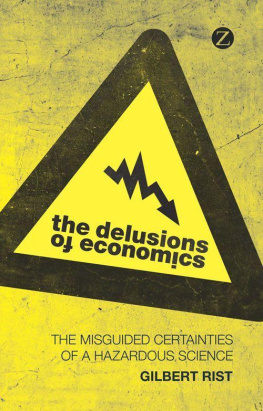
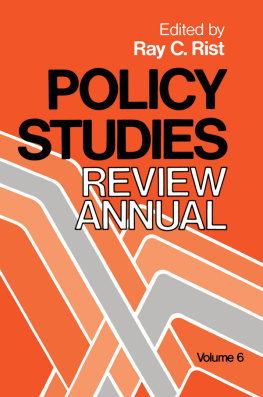

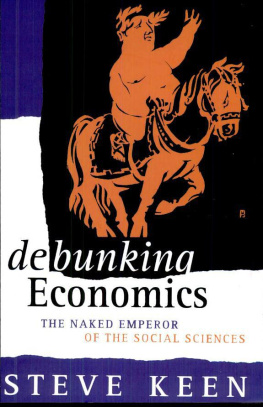
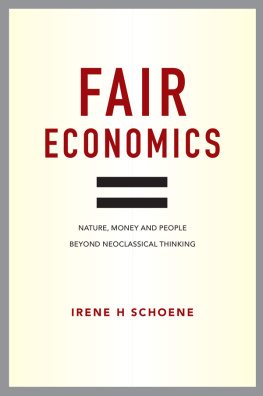
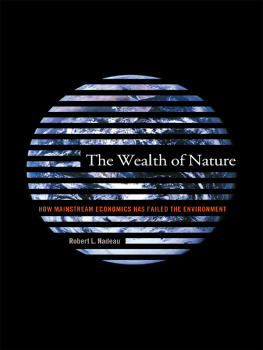
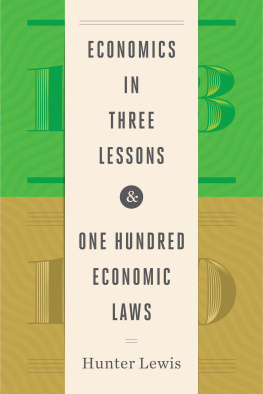

![David Orrell [David Orrell] - Quantum Economics](/uploads/posts/book/114631/thumbs/david-orrell-david-orrell-quantum-economics.jpg)



